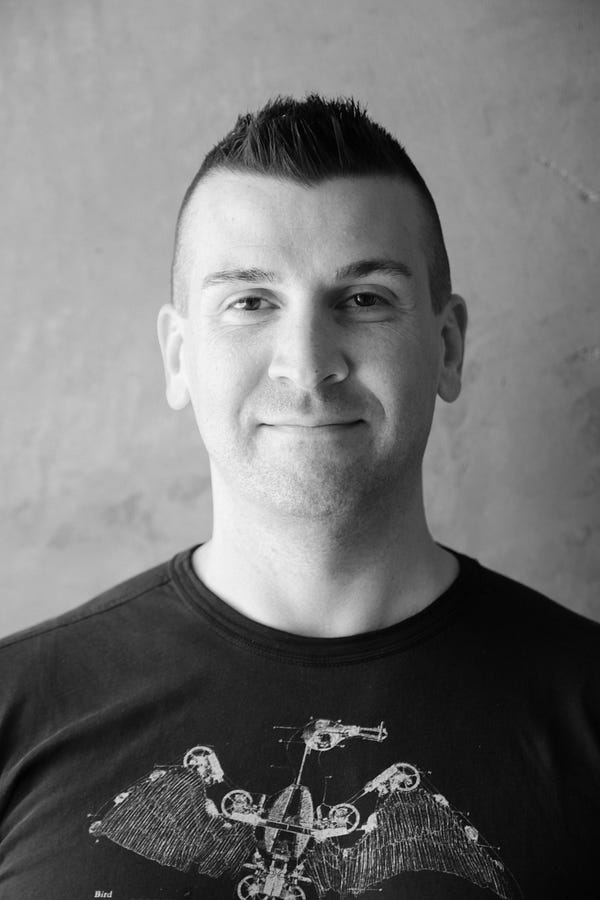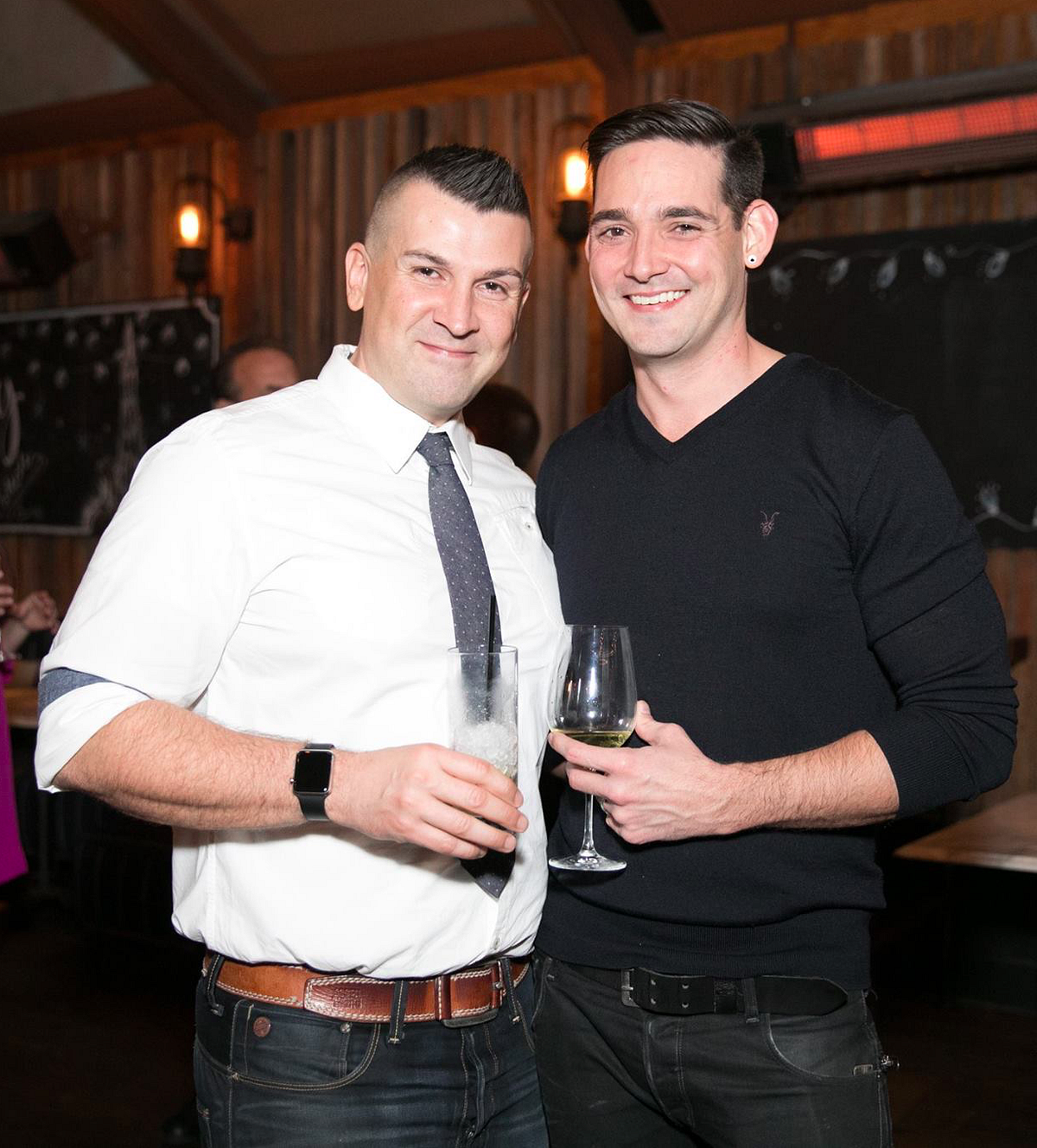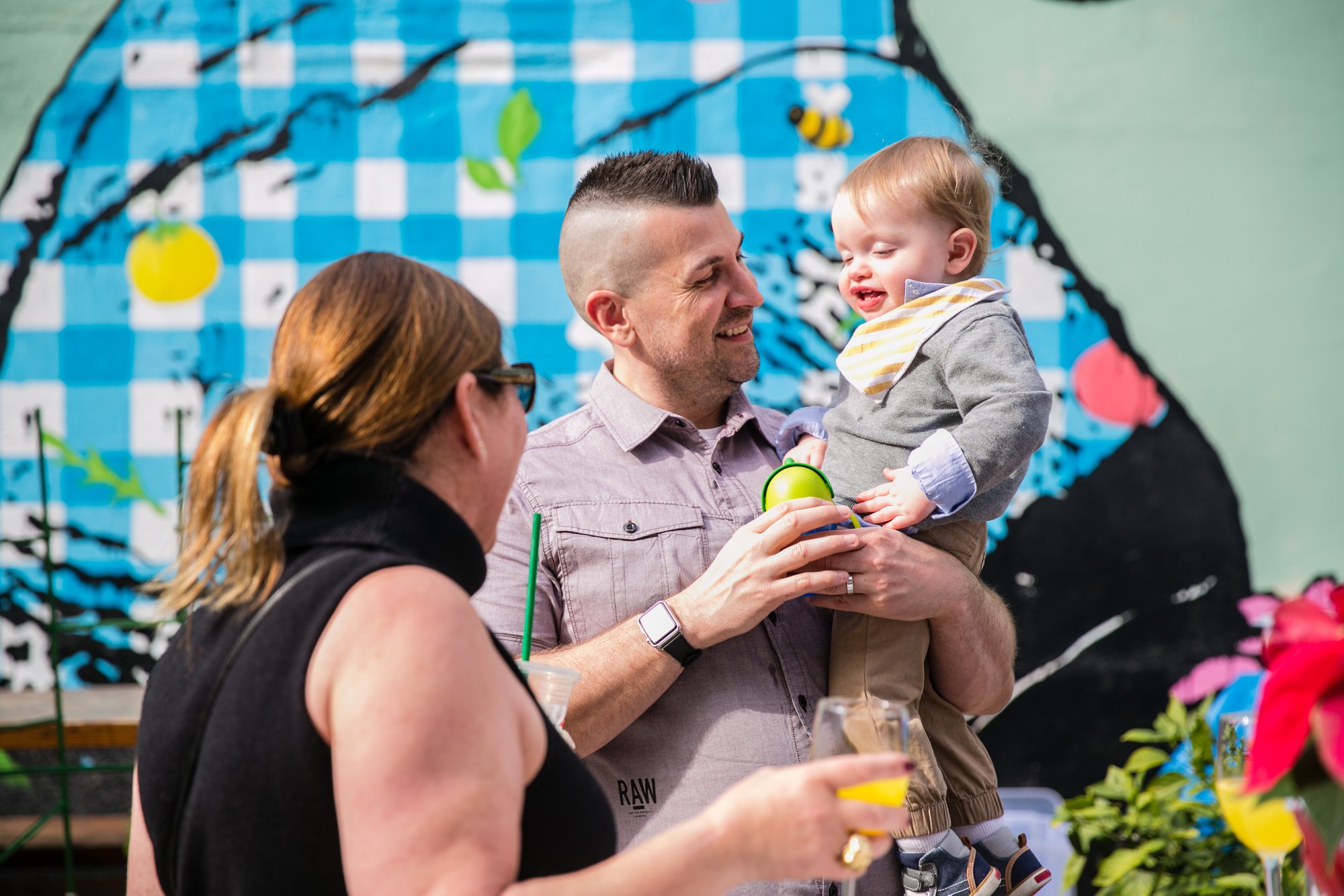Pace yourself reasonably. Manage expectations of those above you and those below you. Protect that “think time” that I mentioned. It will come back to you tenfold. You’ll be ahead of the game with organized strategy, sometimes even before the challenge presents itself. If you protect your “think time,” it reduces the real time anxiety of feeling rushed because you are more prepared and the results are more thought through strategies that don’t perpetuate the issue, it ends them.
As we continue along the journey to living mindfully, we can see how taking time to “just be” becomes increasingly more important to our being able to focus and produce the results we desire.
As a part of my series about “How to Slow Down To Do More” I had the pleasure to interview Ian Unterreiner has nearly two decades of post-production experience and currently handles corporate strategy and studio oversight across Emmy-winning entertainment company Zoic Studios’ Los Angeles, New York and Vancouver locations as Senior Vice President. Over his career, he has produced large scale projects in film for top studios including Netflix, Marvel, Paramount, MGM, The Weinstein Company and Sony Pictures; television series such as “Game of Thrones,” “Once Upon a Time,” “Arrow,” “A Series of Unfortunate Events” and “Homeland”; advertising for top clients, including BMW, Dr Pepper, Windows, Hyundai, PlayStation and Pizza Hut; and virtual reality (VR)/experiential for clients such as Adidas, Volvo, Target, Lady Gaga and Redline.
Unterreiner joined Zoic Studios in 2010 as Executive Producer and Head of Production for advertising, games and VR, later advancing his role to Senior Vice President in 2016. Throughout his career at Zoic Studios, he has fused his wide breadth of visual effects and business development expertise to curate top creative talent and generate innovative methods that enhance the company’s global VFX pipeline and keep it in sync with the evolving digital world. Prior to joining Zoic Studios, Unterreiner served as Senior Producer at Radium where he lead production and guided broadcast design and VFX projects for top clients including Disney, Warner Bros., TBWAChiatDay, 72andSunny and Team One, among many others. Other notable stints include Visual Effects Producer at Modern VideoFilm and Creative Executive at Digital Domain 3.0.
Unterreiner earned a Bachelor of Arts degree in Cinema, Screenwriting and Film Production from Columbia College Chicago and jump started his career by exchanging the windy city for sunnier skies in Los Angeles. While in the entertainment capital of the world, he landed his first professional gig assisting renowned filmmaker James Cameron with production efforts, including post-production of the feature film Titanic. He also worked with such top studios as New Line Cinema and Paramount on major films like Vanilla Sky, Zoolander and Blade 2, among numerous others.
Thank you so much for joining us! Can you tell us the “backstory” about what brought you to this specific career path?
My career path found me. I graduated film school with the dream of becoming a big movie producer and moved to Los Angeles to intern for the likes of James Cameron on the feature film Titanic as well as Universal Pictures and the producers of the Die Hard franchise. In working for Jim, I got acquainted with his then other company Digital Domain, a premiere, award-winning VFX Studio. From there I began working in the visual effects business, purely for the need to be working and generally liking the people. And as with most in the VFX business, you stumble into it and it just sticks. Between the people, the challenges and the innovation, it can be an incredibly rewarding path.
According to a 2006 Pew Research Report report, 26% of women and 21% of men feel that they are “always rushed”. Has it always been this way? Can you give a few reasons regarding what you think causes this prevalent feeling of being rushed?
Likely the advancement of communication style and always being “plugged in” with mobile devices, be it email or text. This, plus the new lensing on success is not necessarily what you’ve done, but how much you are doing. Folks take on more these days in the interest of advancement in one form or another. This is not necessarily a bad thing, just a different way of looking at things in the modern age of business, careers and personal fulfillment.
Based on your experience or research can you explain why being rushed can harm our productivity, health, and happiness?
I can only speak from experience. As the head of a global organization with nearly 400 employees across three offices, being rushed is a choice. What I’ll say is when I’ve been allowed to be rushed, errors can happen, be they missing details or not thinking things through. These things can perpetuate the issue and it can be never ending, resulting in an overall feeling of frustration, fatigue and general lack of advancement of the greater mission. And generally, once this becomes the case, it can be all consuming preventing much needed personal time either with family, rest, gym or just simply “think time.”
On the flip side, can you give examples of how we can do more, and how our lives would improve if we could slow down?
For me it’s this simple. Pace yourself reasonably. Manage expectations of those above you and those below you. Protect that “think time” that I mentioned. It will come back to you tenfold. You’ll be ahead of the game with organized strategy, sometimes even before the challenge presents itself. If you protect your “think time,” it reduces the real time anxiety of feeling rushed because you are more prepared and the results are more thought through strategies that don’t perpetuate the issue, it ends them.
We all live in a world with many deadlines and incessant demands for our time and attention. That inevitably makes us feel rushed. Can you share with our readers 6 strategies that you use to “slow down to do more”? Can you please give a story or example for each?
There are a few tools I use that are pretty simple. As a senior executive, I think it’s still very important to take notes and create lists. It’s a form of organizing your thoughts, and “bucketing” your action items. If it’s on paper, it doesn’t have to be in your brain until you want it to be. The other thing that’s pretty simple and very effective is block out time in your schedule each day, be it 30 minutes or an hour to simply review your lists, think about next steps and get organized for whatever is next. This allows you to get ahead and not fall behind. And finally, train your staff well, check in with them regularly and delegate. If you take the time to hand off assignments that are reasonable to do so, it not only gives you the time to focus on the right things, it’s also training the next generation to graduate into your role one day.

How do you define “mindfulness”? Can you give an example or story?
Mindfulness for me is simply being “self aware” and understanding your impact on situations and others. By being mindful you can not only make a better connection with colleagues and clients, you can improve a situation by adjusting your approach to it. Mindfulness is such an intuitive part of my psyche, the examples are endless because they happen every day. If the person you are interacting with realizes you understand them, you’ll get more (and ultimately what you want) out of them.
Can you give examples of how people can integrate mindfulness into their everyday lives?
I have a process-oriented approach. Structure in the days allows those quiet moments to be mindful. It’s the drive to work, it’s the time on the treadmill and frankly, it’s the time you are not focused on it at all. As a new father with a spouse in the same industry, my days start early with answering emails from the night before, the gym, then family breakfast, then in early before everyone else. The pivoting of focuses gives your brain rest from the potential fatigue of the day. From there I work through a fairly structured day so that I can get back home to family for dinner, followed by an additional hour of work time and then, it’s devices down and recharge.
Do you have any mindfulness tools that you find most helpful at work?
Take breaks. Walk outside and breathe, even if it’s for three minutes. Hop on the internet and know what’s going on in the world. Find ways to make you and your colleagues laugh or enjoy the day, regardless of the stress.
What are your favorite books, podcasts, or resources that inspire you to use mindfulness tools or practices
I think my 18-month-old son is my most effective tool for mindfulness. Children have a remarkable effect on adults, by putting almost everything into perspective.

Can you please give us your favorite “Life Lesson Quote”? Can you share how that was relevant to you in your life?
I don’t necessarily have a quote so much as a philosophy and that is simply to listen. If you listen to others, you fully understand and in understanding you’ll get there quicker. And listen (or better yet, feel) what’s going on around you. You’ll arrive at an intuition that will guide you. The things we want to happen may not always be what need to happen and it’s important to quickly pivot based on our better understanding through listening on all levels to what is going on around us.
You are a person of great influence. If you could inspire a movement that would bring the most amount of good to the most amount of people, what would that be? You never know what your idea can trigger. 🙂
Be kind, but be direct. I’ve had a lot of success in managing people to a common goal or a personal achievement by giving them what most would call “tough love.” The key word though in that phrase is love. You really need others to know you care for them to listen to critical feedback or an alternate strategy. If you start with that, you can get folks to do just about anything for the greater good for the company, the client or the mission at hand.
Thank you so much for these insights! This was so inspiring!
About the Author:
After 15 years working in Commercial Real Estate in New York City, Ashley Graber changed the coast she lived on and the direction of her life from Real Estate to the worlds of Psychology and Meditation & Mindfulness. Ashley came to these practices after getting sober and in the decade plus since, she now runs a busy mindfulness based psychotherapy practice at Yale Street Therapy in Santa Monica, CA where she see adults and children and speaks on the benefits of meditation and mindfulness practices.
Ashley is an Owner and Director of Curriculum for the next generation meditation app & mindfulness company ‘Evenflow’ and launched the company’s one to one online mindfulness mentoring program. Ashley also educates teachers and administrators in schools and presents in businesses across Santa Monica and Los Angeles.
Ashley was trained in Meditation and Mindfulness practices by prominent teachers; Elisha Goldstein, Richard Burr and Guiding teacher at Against the Stream Boston, Chris Crotty. Her Mindfulness Based Stress Reduction (MBSR) certification was done through The Center for Mindfulness at UC San Diego. Additionally, Ashley is trained by Mindful Schools to teach Meditation and Mindfulness practices to children and families. Ashley’s unique combination of psychotherapy, trauma reprocessing and meditation and mindfulness practices make her a sought after therapist and mindfulness educator and speaker. Her passion for the benefits of mindfulness practices as well as her enthusiasm for helping young kids and adults is the drive to teach these very necessary, life long skills and why she wrote and runs the Mindfulness for Families program at The Center for Mindful Living. This is where she teaches groups of families with children ages 6–12. Ashley was featured on Good Morning LaLa Land, presented on Resilience at the renowned Wisdom. 2.0 Mindfulness & Technology conference, and presented at the TED Woman conference offering an in-depth look at the profound psychological and physiological consequences of chronic stress, and how meditation and mindfulness practices can alleviate these effects.


